Ali Baklouti - Representation Theory of Solvable Lie Groups and Related Topics
Here you can read online Ali Baklouti - Representation Theory of Solvable Lie Groups and Related Topics full text of the book (entire story) in english for free. Download pdf and epub, get meaning, cover and reviews about this ebook. year: 2021, publisher: Springer, genre: Children. Description of the work, (preface) as well as reviews are available. Best literature library LitArk.com created for fans of good reading and offers a wide selection of genres:
Romance novel
Science fiction
Adventure
Detective
Science
History
Home and family
Prose
Art
Politics
Computer
Non-fiction
Religion
Business
Children
Humor
Choose a favorite category and find really read worthwhile books. Enjoy immersion in the world of imagination, feel the emotions of the characters or learn something new for yourself, make an fascinating discovery.
- Book:Representation Theory of Solvable Lie Groups and Related Topics
- Author:
- Publisher:Springer
- Genre:
- Year:2021
- Rating:5 / 5
- Favourites:Add to favourites
- Your mark:
Representation Theory of Solvable Lie Groups and Related Topics: summary, description and annotation
We offer to read an annotation, description, summary or preface (depends on what the author of the book "Representation Theory of Solvable Lie Groups and Related Topics" wrote himself). If you haven't found the necessary information about the book — write in the comments, we will try to find it.
Ali Baklouti: author's other books
Who wrote Representation Theory of Solvable Lie Groups and Related Topics? Find out the surname, the name of the author of the book and a list of all author's works by series.

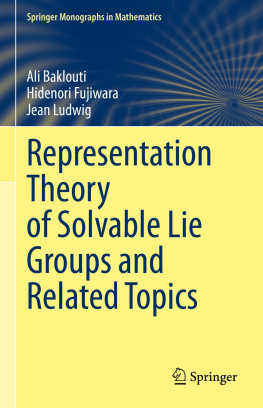





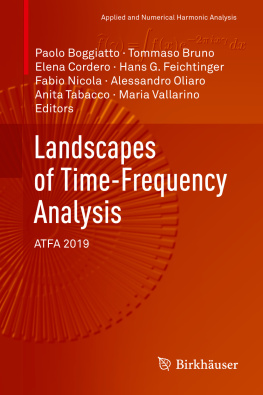



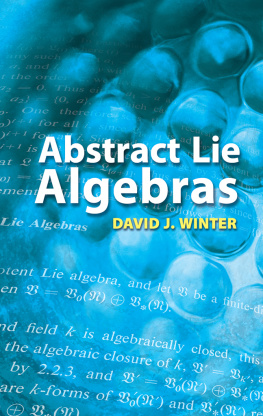
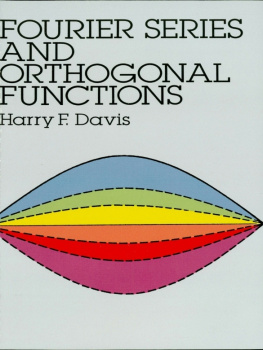

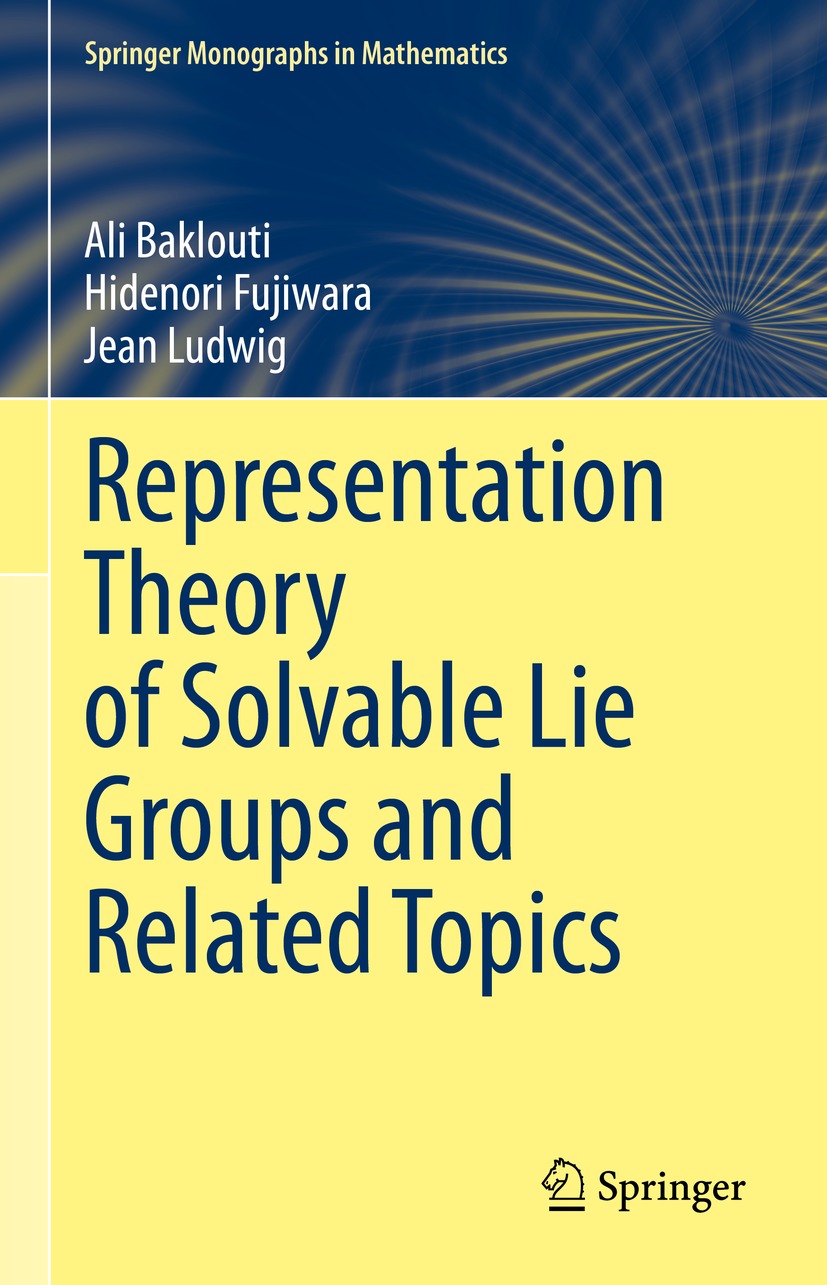

 . This means the exponential mapping
. This means the exponential mapping  is a diffeomorphism. The first chapter aims to build the branching laws of mixed representations (or representations of mixed type), showing that they obey the orbital spectrum formula. Let A and H be two closed connected subgroups of G, and and two unitary irreducible representations of G and H, respectively. Mixed representations are unitary representations of the form
is a diffeomorphism. The first chapter aims to build the branching laws of mixed representations (or representations of mixed type), showing that they obey the orbital spectrum formula. Let A and H be two closed connected subgroups of G, and and two unitary irreducible representations of G and H, respectively. Mixed representations are unitary representations of the form  (up-down representation) or
(up-down representation) or 